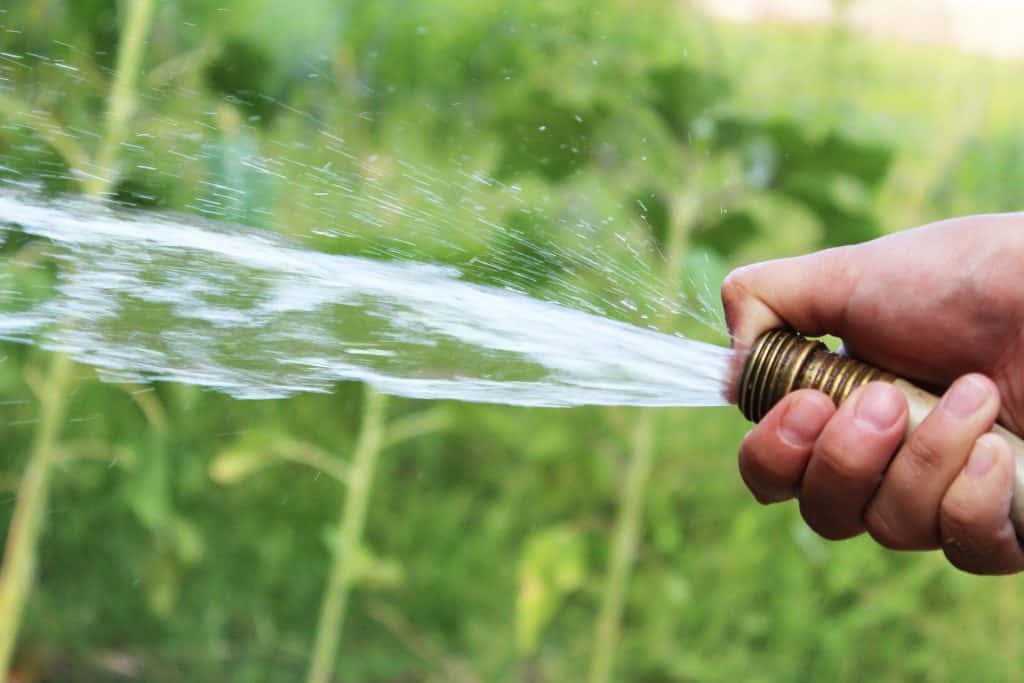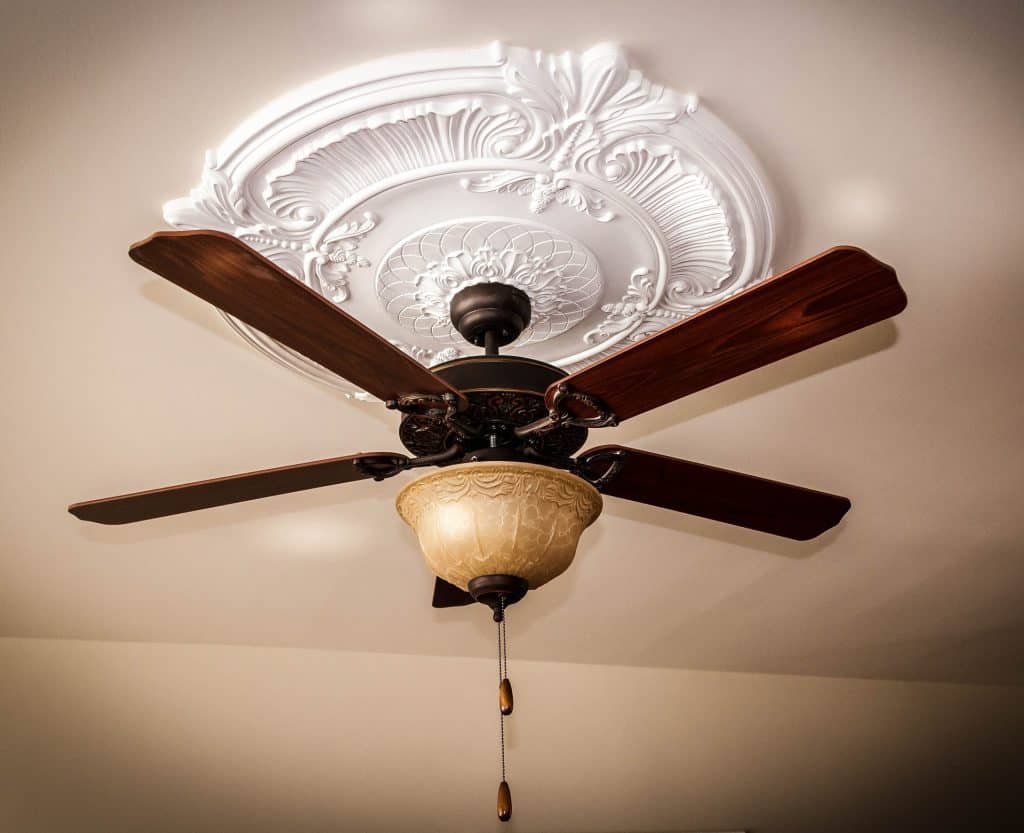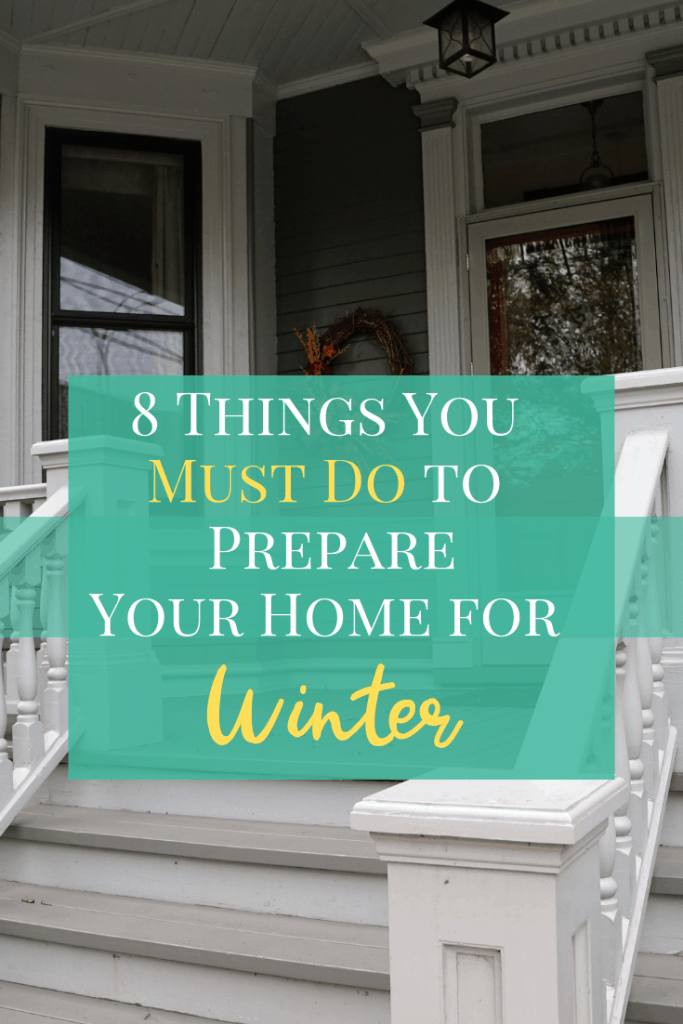We may earn money or products from the companies mentioned in this post. This means if you click on the link and purchase the item, I will receive a small commission at no extra cost to you ... you're just helping re-supply our family's travel fund.
Why you should prepare your home for winter: Earlier this summer, we were unfortunate enough to discover how important it is to properly winterize our home. While enjoying warmer temperatures, we had our outside spigot on for a good hour or so. The water pressure wasn’t what it should be. We thought, that’s odd? 
We checked things out in the basement where the pipes are and were met with incredible disappointment: our laundry room flooded! Apparently my husband left the garden hose on a little too far into winter, causing ice to expand in the pipes and bursting a hole right through it. That was an expensive lesson, and had the pipes been buried in the wall, it would’ve been even more expensive.
By taking these steps to properly prepare your home for winter, you can avoid some costly surprises!
How to Prepare Your Home for Winter

1. Prevent outside spigot from freezing
- Disconnect your hose in the fall before temperatures get too cold
- Use an outdoor faucet cover
- Consider a frost-free spigot
2. Turn your ceiling fans clockwise
There’s a little switch, almost like a light switch, between the blades and the bulbs. Flipping this will change the direction of your fan. We learned in elementary school that heat rises to the ceiling. By changing the fan to rotate clockwise, this pushes the hot air down towards the floor. Just keep it on low!

3. Have your HVAC serviced
Our local plumbing, heating, and cooling company has a yearly membership where we can have all of our basics serviced each year, plus a discount on services. One of these basics is coming to inspect our HVAC, replace the filter, and catch any repair needs before they become an emergency.
If you don’t have anything like this in area, be on the lookout for specials that your local HVAC company offers for furnace servicing. It usually runs less than $100.
4. Have a home energy audit done
Our energy company conducts free home energy audits and even provides a free programmable thermostat! First check to see if your energy company does this, otherwise there are independent contractors and local organizations that can do this for low to no cost. What I love about it is they will give energy saving tips and point out areas that need further inspection, like where you should caulk or install insulation. Because our energy company does this, they give us an idea of what the costs are and leave pamphlets with info on rebates available to us.
5. Get a draft guard to prepare your home for winter
A draft guard will help keep cold air from blow into your home and from warm air escaping. This is something we have focused heavily on this year, because in the spring we are probably going to need to re-frame both our front door and our side door as they’re showing quite a bit of wear.
6. Use weatherstrip tape
This is also sometimes called just “weatherstrip” – it helps plug up some of those gaps you can’t necessarily get with caulk. Do this around your windows and doors.
7. Caulk between gaps in siding, windows, and doors
Even if you manage to find caulk with a warranty to last so many years, I find that at least every few years I’m having to re-caulk our windows. I do this inside and out because it helps prevent drafts and protects the wood from moisture.
8. Clean your gutters to
This will help extend the life of your gutters and prevent enormous ice cycles which can damage your roof, walls, landscape, and foundation. It can even cause water damage inside and outside your home.
Each of these 8 winterization tips are incredibly cheap to execute but will save you so much in the long run! Whether it’s avoiding costly repairs or in home energy savings, they’re important steps as a homeowner. Is there anything else you do to prepare your home for winter?


Thanks for telling me that we need to inspect our heating and air conditioning system and have the filters replaced before the winter comes. My grandparents usually stay with us for the holidays and we really don’t want them to feel uncomfortable just because our house is too cold. I’ll follow your advice and hire contractors to see if something should be repaired with our system.